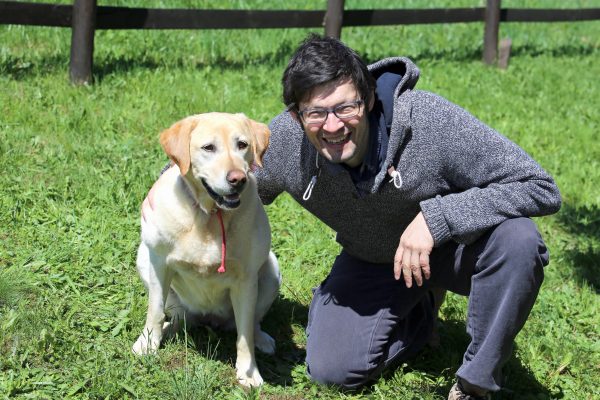 Most parents who have adult children with special needs will need to go through a court process to become their child’s legal guardian once he or she turns 18. Doing so will allow the parent to continue to manage financial affairs and make medical decisions for their now-adult child.
Most parents who have adult children with special needs will need to go through a court process to become their child’s legal guardian once he or she turns 18. Doing so will allow the parent to continue to manage financial affairs and make medical decisions for their now-adult child.
Again, the initial person that is generally appointed to this role by the Florida Courts is a biological parent. However, there may come a time in the adult child’s life when mom or dad is unable to serve as his or her guardian due to the parent’s illness, disability or death.
If this happens, a successor guardian will need to take over for the parent. Hopefully the parent worked with a special needs attorney and legally documented their “back up choice” of who should oversee their adult child’s care needs.
But what happens if the successor guardian ultimately declines to serve when the time comes?
While we all like to think that our handpicked and trusted successor guardians would rise to the responsibility of caring for an adult child with special needs if something happens to mom or dad, sometimes things don’t work out as planned.
Maybe the chosen successor guardian is going through a health crisis of his or her own and cannot possibly serve because of medical reasons. Or, perhaps the successor guardian didn’t realize the magnitude of his or her responsibilities when initially chosen and he or she no longer feels like they can handle the job of caring for an adult with special needs.
If a situation like this arises, there are two possibilities of how it can be resolved with the courts:
- We often help our clients name an alternative successor guardian in the event that the first choice is unable or unwilling to serve. The matter will be brought before the court and the judge will have an idea of the parents’ second choice, and likely the judge will appoint the new successor guardian according to the parents’ wishes.
- A judge will choose a new guardian for the adult with disabilities. Of course, this person may be someone who doesn’t know your child or his or her needs, but the court will nonetheless ensure that someone else is appointed to this role if the original guardian and successor guardian can no longer serve.
Here at the Law Office of Laurie E. Ohall, we help parents plan for all of the possibilities that could arise in the future when planning for the care of a child or adult with special needs. That way, there is a solid and legally binding roadmap of the parents’ wishes that a court can follow no matter what happens in the future. If you’d like the peace of mind knowing that you have legal documents in place that will guarantee the protection and security of your child with special needs, simply call our Brandon Special Needs Lawyers at (813) 438-8503 to schedule a consultation.
